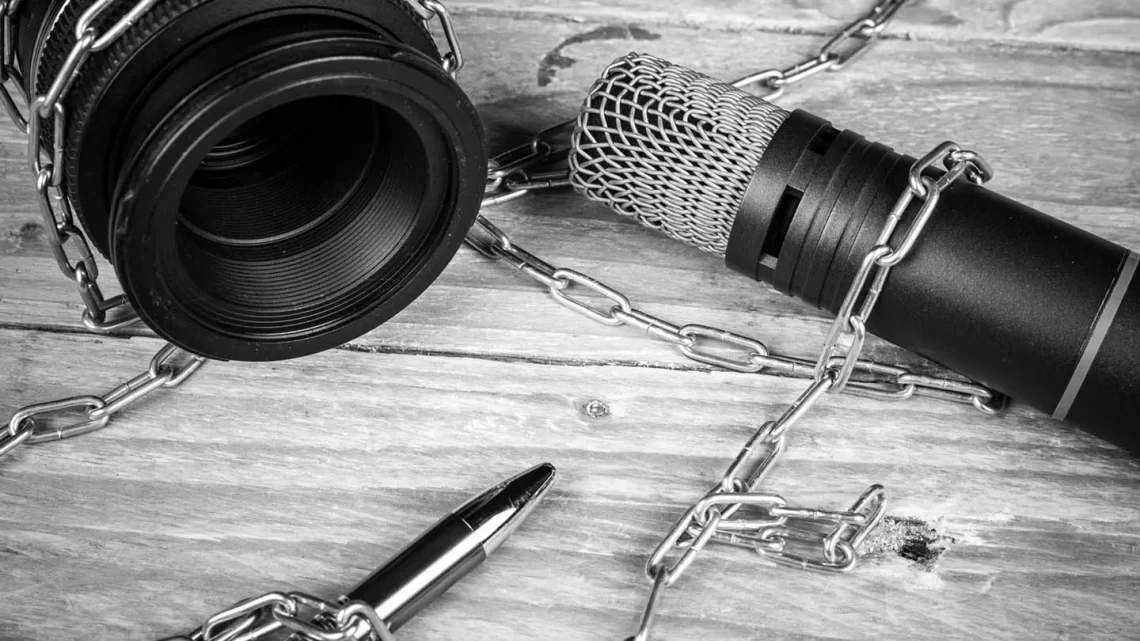
Press Freedom Under Siege in India: Condemnations and Concerns
July 12, 2024India’s press bodies, including the Press Club of India, the Indian Women’s Press Corps, and Digipub News India Foundation, have condemned recent police actions against journalists. These organizations expressed deep concern over the charges and demanded the immediate withdrawal of the FIRs. Digipub highlighted the grave misuse of criminal laws, emphasizing that registering an FIR against journalists sharing public interest information is a serious overreach and an assault on press freedom.
The police argued that the Muslims lynching incident wasn’t communal, but many questioned the necessity of filing cases against journalists who were merely disseminating available information. Kunal Majumder from the Committee to Protect Journalists in India voiced alarm over investigations targeting Zakir and Wasim Akram for spotlighting police misconduct and sectarian tensions. He urged authorities to address the issues raised by these journalists rather than punishing them for their work.
Salam, author of “Being Muslim in Hindu India,” described the police actions as attempts to intimidate journalists. He criticized mainstream media for ignoring lynching instances while the administration tries to silence independent media that cover such attacks. Salam asserted that in Modi’s India, reporting a crime seems to be treated as a crime itself, but emphasized the necessity of continuing the fight against such repression.
In recent years, numerous journalists have reported harassment, with rights groups and media watchdogs accusing the Modi-led government of suppressing critical press. In October, Prabir Purkayastha, founder and editor of NewsClick, was arrested following allegations of financial support from a Chinese-based network. India’s Supreme Court later ordered his release, deeming his arrest illegal.
The Indian government has also targeted international media. In 2022, Indian tax authorities raided BBC offices in New Delhi and Mumbai after the broadcaster released a documentary critical of Modi. Such actions have drawn widespread condemnation and highlight the deteriorating press freedom in the country.
India’s ranking on the 2024 World Press Freedom Index by Reporters Without Borders stands at 159 out of 180 countries. This low ranking reflects the increasing challenges faced by journalists and the pressing need for the government to uphold and protect press freedom. The recent events underline a troubling trend where journalism, especially when critical of the government, is being systematically targeted and suppressed.

